Wu Meirong, a distinguished scientist in China's space industry and the only Chinese woman to have received the internationally renowned Theodore von Karman Award, died in Beijing on Sunday at the age of 88.
Born in January 1936 in Changzhou, Jiangsu province, Wu was admitted to Northwestern Polytechnical University in Xi'an, Shaanxi province, in 1952.
In 1954, she was sent to the Moscow Power Engineering Institute in the Soviet Union to study automatic control technology.
Six years later, she returned to China with a master's degree and was assigned to what was then the Fifth Academy of the Ministry of National Defense — the predecessor to the nation's two major space contractors — to research and develop control devices for the country's ballistic missile program.
At the academy, Wu was in charge of the design work for flight control systems of several types of ballistic missiles and led her team to overcome a lot of technical difficulties and remove several crucial hazards before missile launch tests.
She also took part in the research and development of the Long March series of carrier rockets.
In 1982, Wu was sent to a new company involved in computer-assisted measurement and control technologies for missiles and rockets and moved up through the ranks there.
In the mid-1980s, she was designated to head the design work for an electronic services system to be used at the 11th Asian Games in Beijing in 1990 and contributed a lot to the success of the event.
Due to her outstanding work record, Wu was asked to guide the establishment of the China Center for Resources Satellite Data and Application in 1990, and was named the first director of the Beijing-based center.
At the center, Wu led the research and development of the ground applications section for the China-Brazil Earth Resources Satellite 1, paving the way for the country's efforts to promote the use of satellite-obtained remote-sensing data.
In 1992, she was named the first president of the China Regional Remote Sensing Data Applications Association — now the China Association of Remote Sensing Application — and she remained in high-ranking posts at the organization until her death.
Wu was elected a member of the International Academy of Astronautics in 2001, and served on various standing committees.
In 2014, Wu received the most prestigious award of the IAA, the Theodore von Karman Award. She was the second woman to receive this award, following Eilene Galloway from the United States in 1986. Last year, Chiaki Mukai from Japan became the third woman to receive the award.
In a statement published after Wu's death, the IAA said: "In addition to her expertise, we will all remember her mastering to speak several languages, her impressive leadership among scientific audiences, her culture in art and wonderful voice to sing opera among circles of friends. We are missing not only a real scientific expert but also a friend for so many all over the world."








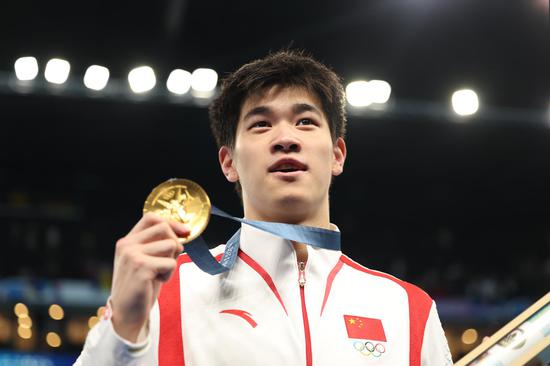
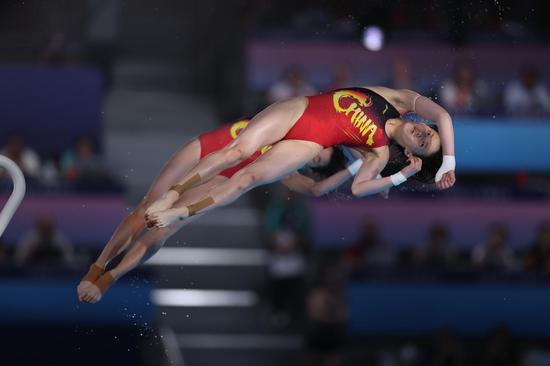

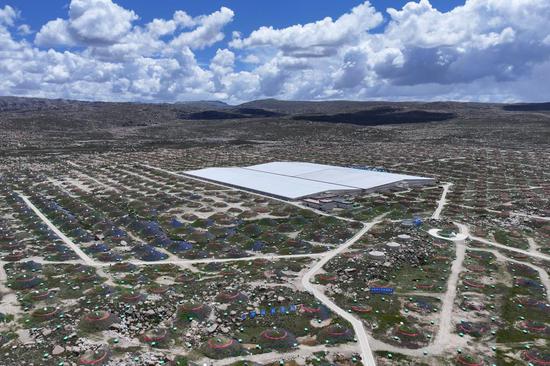
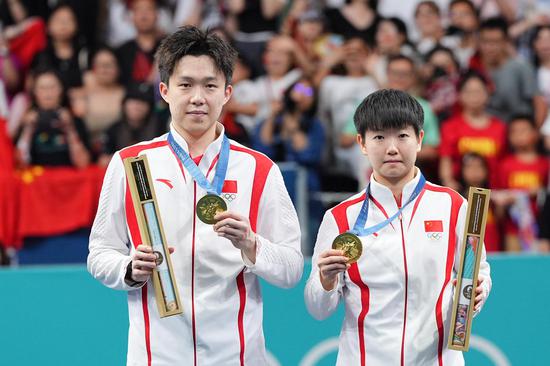
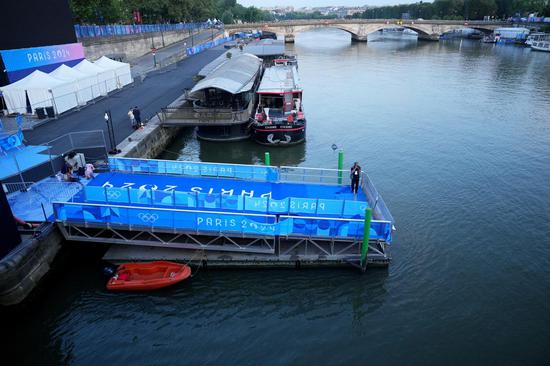
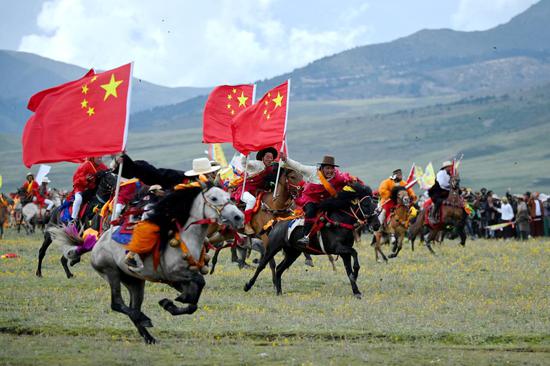
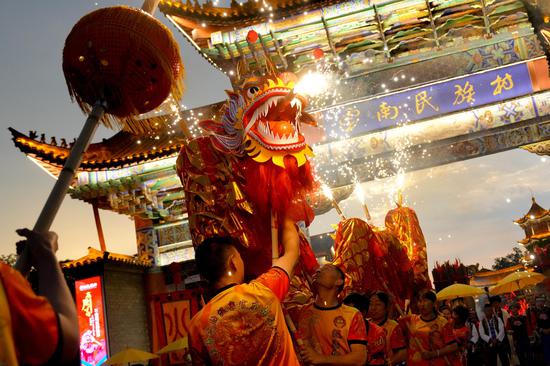
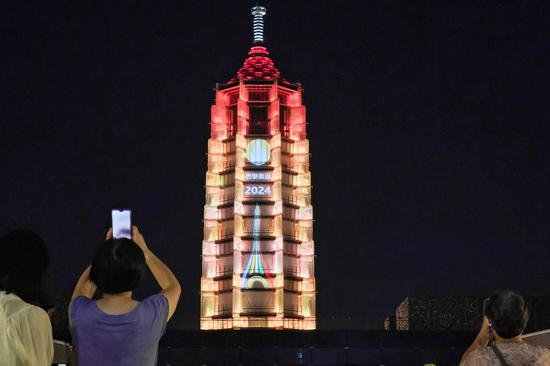
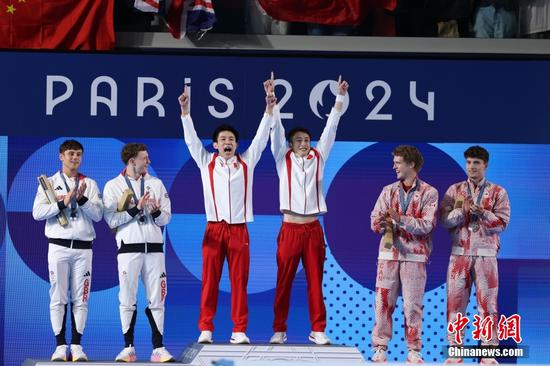
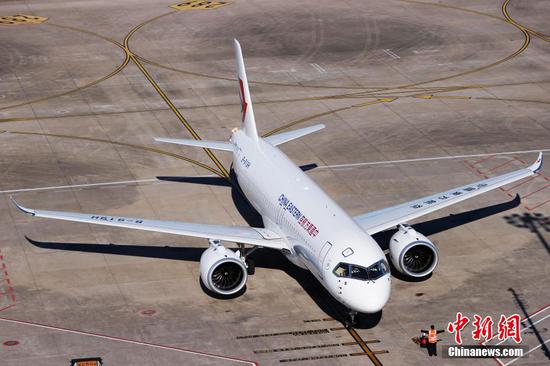

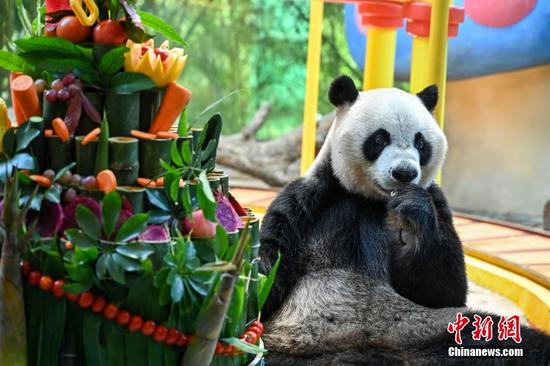
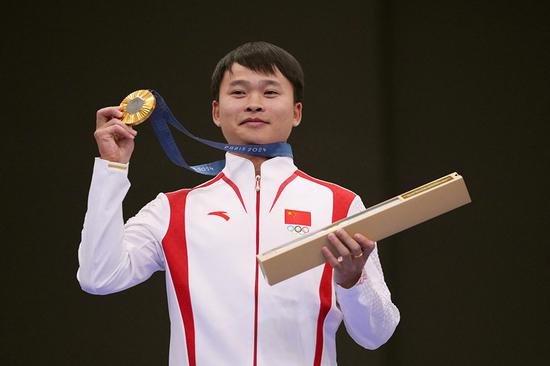
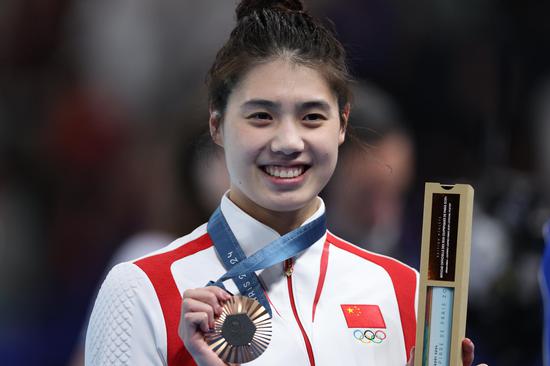
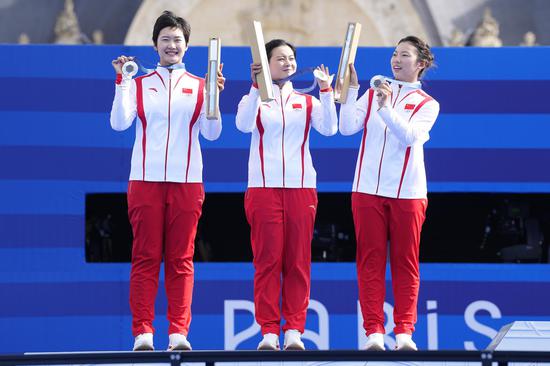
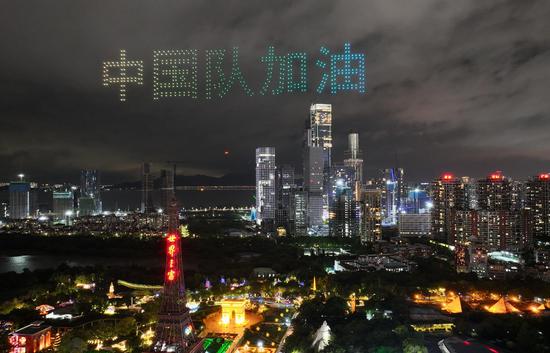
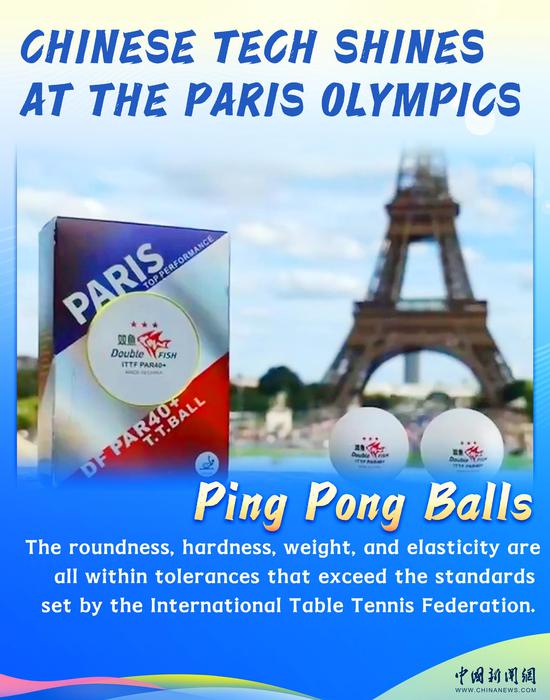
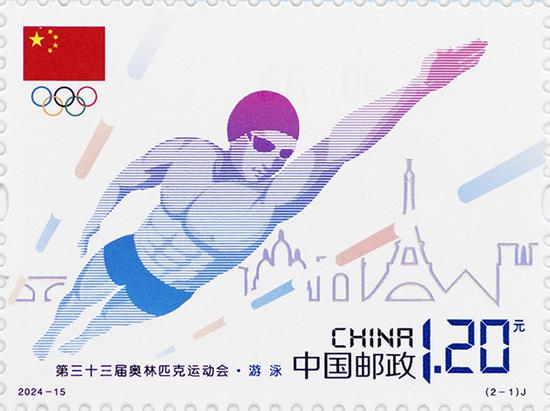
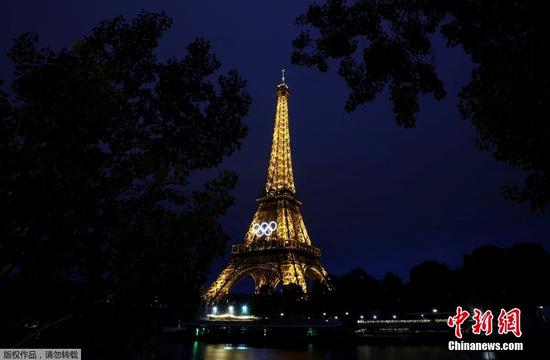
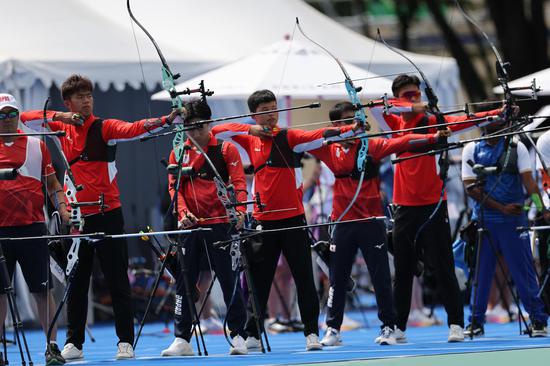
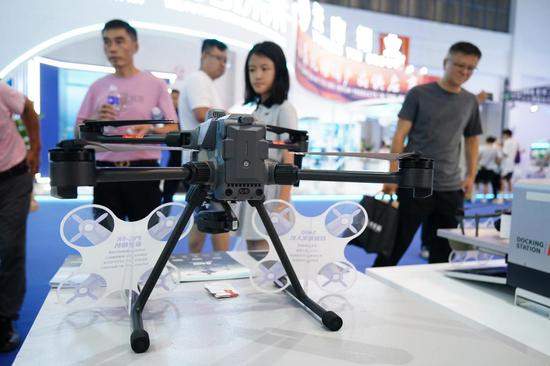
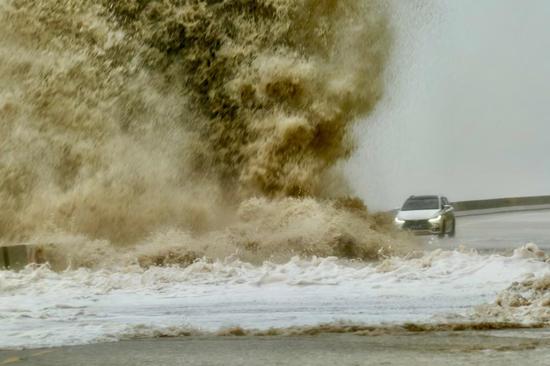
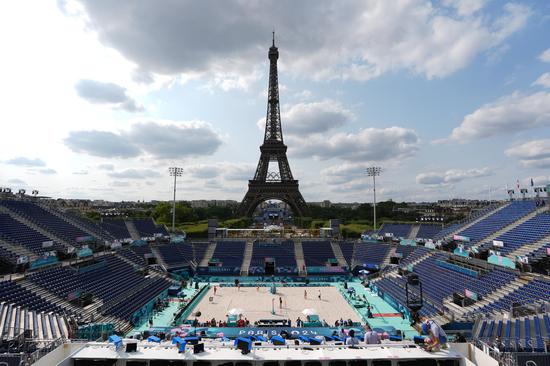
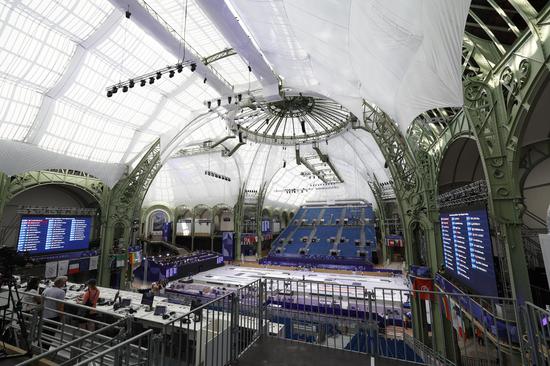
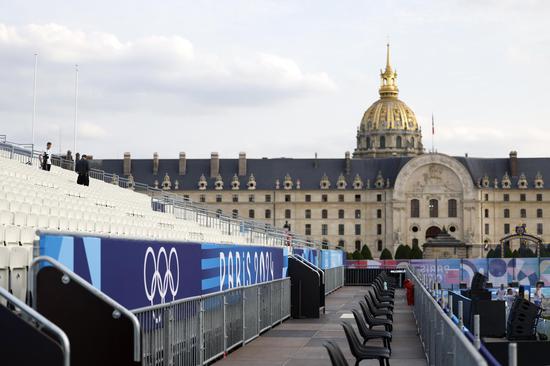
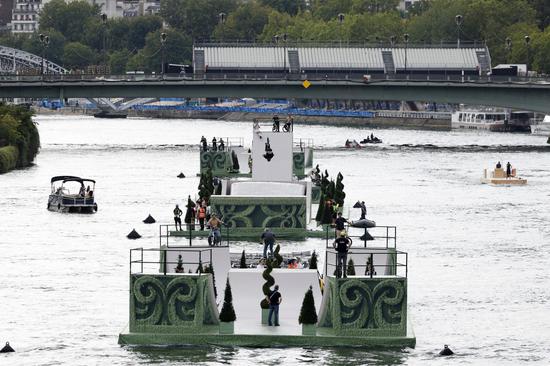
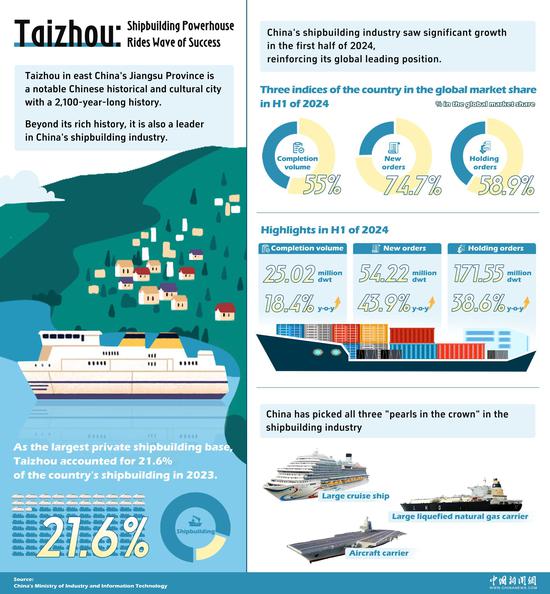
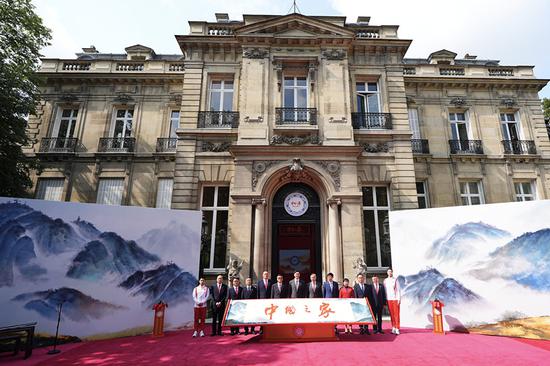
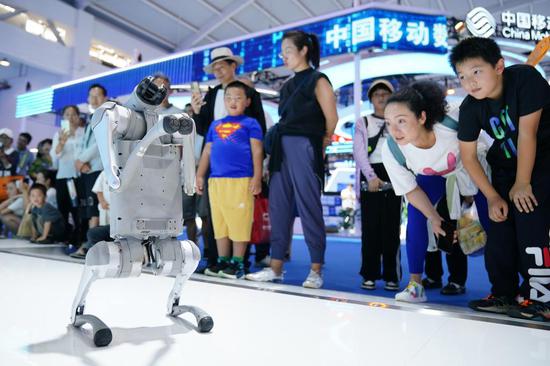
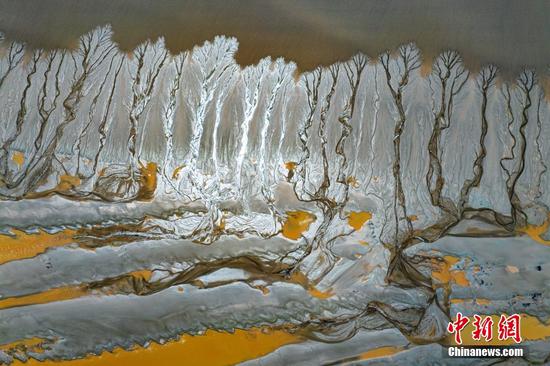
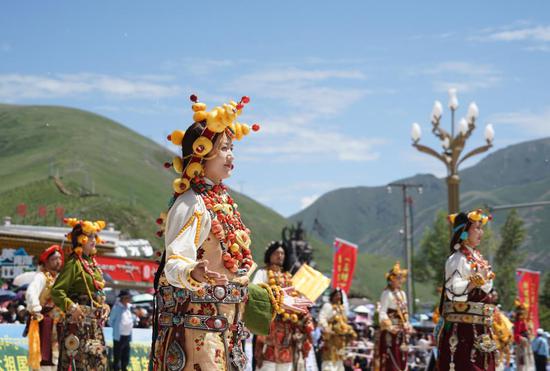
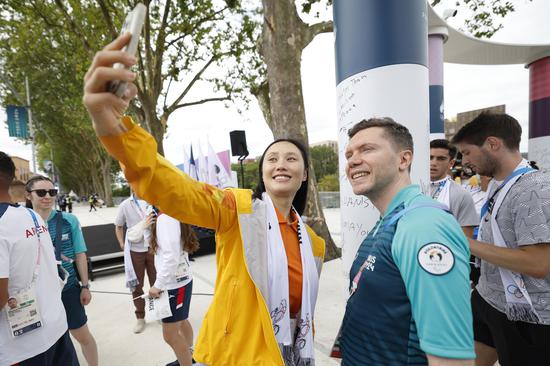

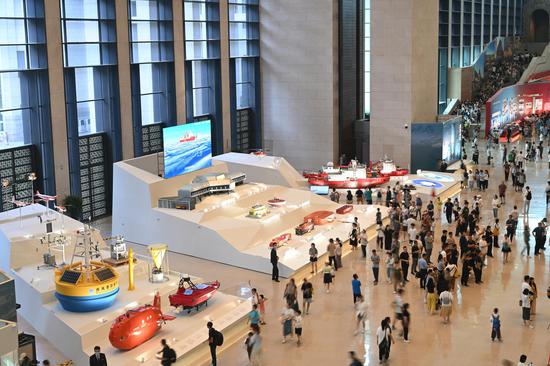


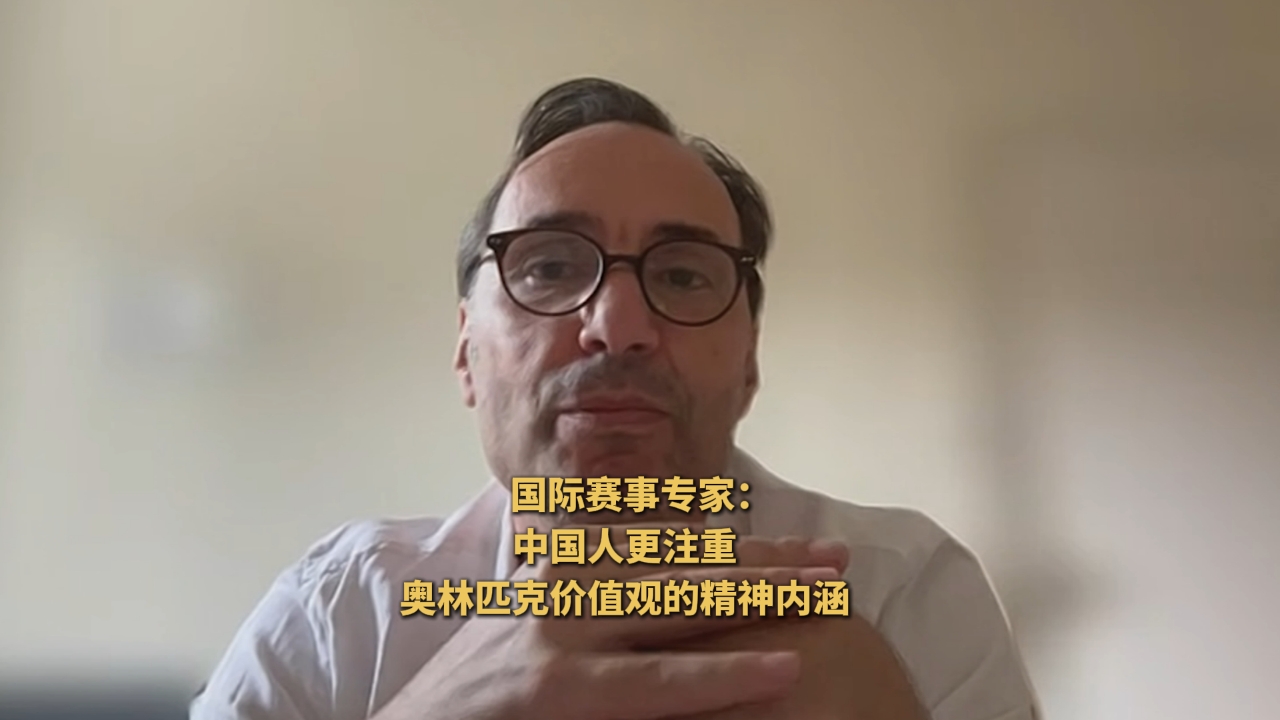

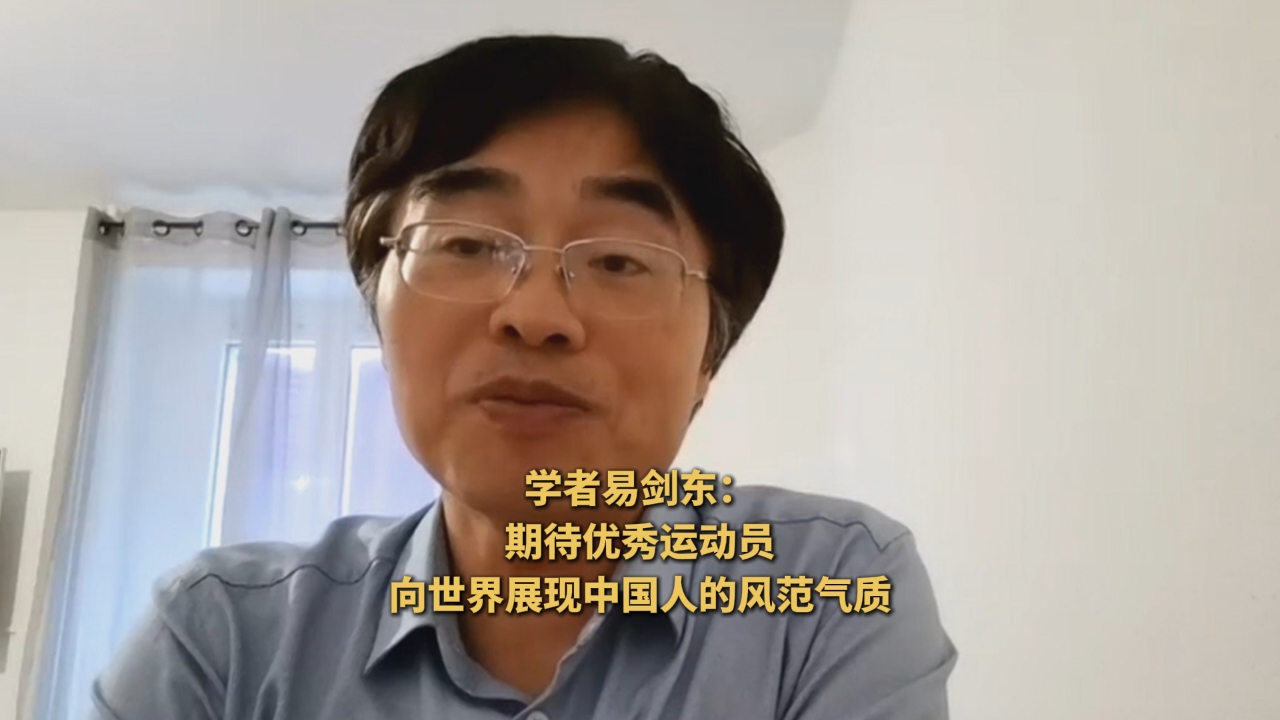

 京公网安备 11010202009201号
京公网安备 11010202009201号